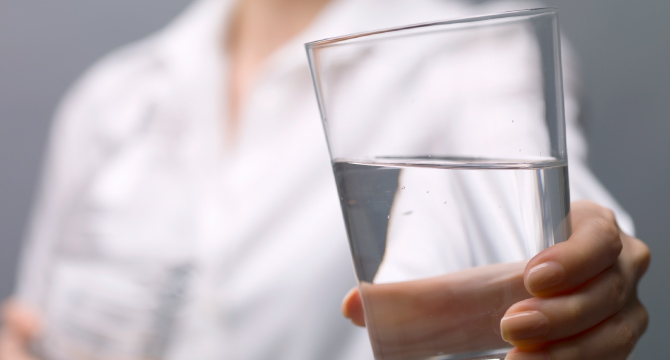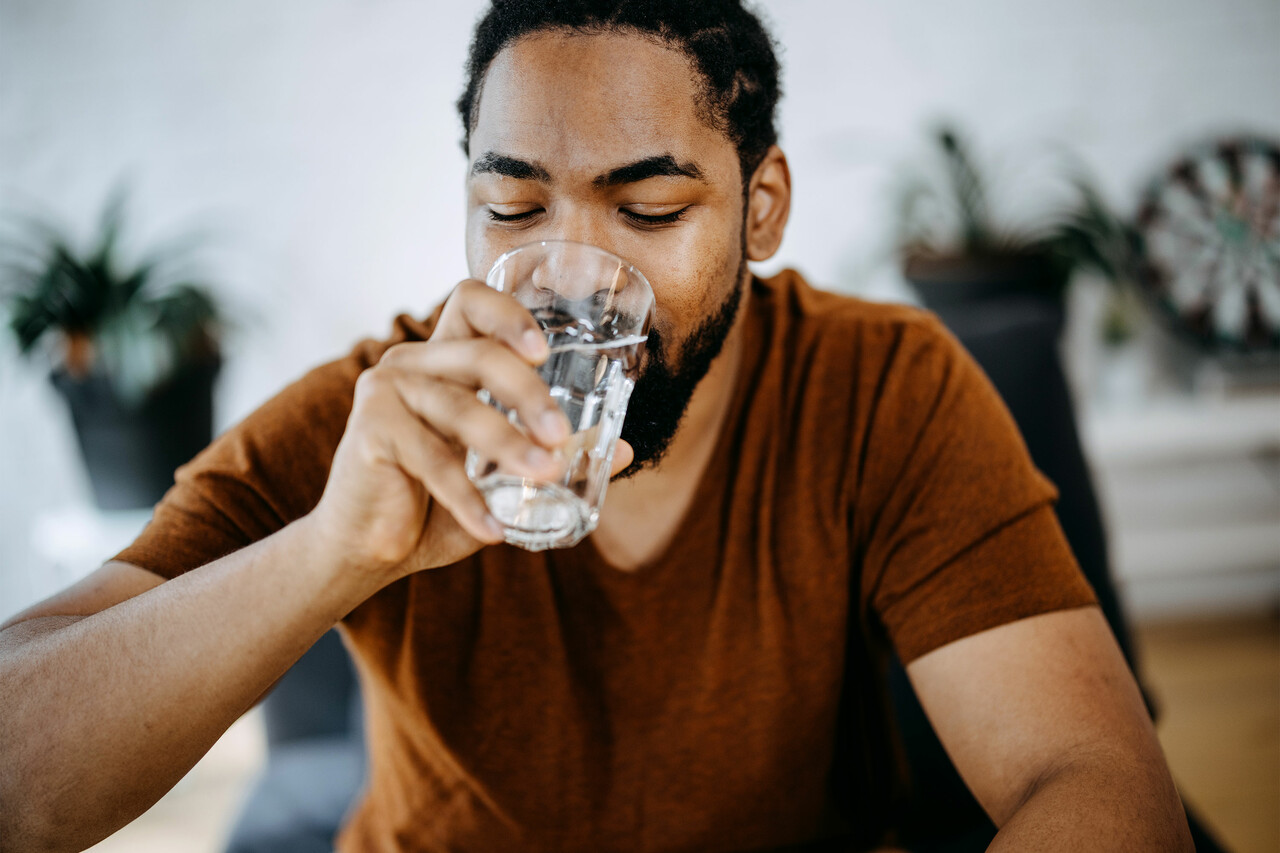How Much Water Do You Need to Drink Daily When You Have Diabetes?

Did you know that staying hydrated is crucial when you have diabetes? Proper hydration plays a significant role in maintaining overall health, especially for individuals living with diabetes. In this article, we will explore the importance of hydration for diabetes and answer the question: How much water do you need to drink daily when you have diabetes? So, grab a glass of water and let’s dive in!
What Is Diabetes?

Before we delve into the topic of hydration, let’s first understand what diabetes is. Diabetes is a chronic condition that affects how your body processes glucose (sugar). There are two main types of diabetes: type 1 and type 2.
Type 1 Diabetes
Type 1 diabetes is an autoimmune disorder where the immune system attacks the insulin-producing cells in the pancreas. As a result, the body cannot produce enough insulin to regulate blood sugar levels effectively. People with type 1 diabetes require lifelong insulin therapy to survive.
Type 2 Diabetes
Type 2 diabetes occurs when the body becomes resistant to insulin or does not produce enough insulin to maintain normal blood sugar levels. This type of diabetes is often linked to lifestyle factors such as obesity, physical inactivity, and poor diet. While type 2 diabetes can be managed through lifestyle changes, some individuals may also require oral medications or insulin therapy.
Why Is Hydration Important for Diabetes?

Proper hydration is essential for everyone, but it holds even more significance for individuals with diabetes. Here’s why:
- Blood Sugar Control: Staying hydrated helps regulate blood sugar levels by allowing insulin to work more efficiently. When you are dehydrated, your blood sugar levels can become elevated, leading to complications.
- Kidney Function: Diabetes can put additional strain on the kidneys. Drinking an adequate amount of water helps prevent dehydration, which is crucial for maintaining healthy kidney function.
- Preventing Complications: Dehydration can contribute to several complications associated with diabetes, including diabetic ketoacidosis (DKA) and hyperosmolar hyperglycemic state (HHS). These conditions can be life-threatening if not promptly treated.
How Much Water Do You Need to Drink Daily with Diabetes?
The amount of water you should drink daily when you have diabetes depends on various factors such as your age, sex, activity level, and overall health. However, a general guideline is to aim for at least eight 8-ounce glasses of water per day, also known as the “8×8 rule.”
It’s important to note that individual hydration needs may vary. Some people may require more water, especially if they engage in physical activities or live in hot climates. Consulting with your healthcare provider is essential to determine your specific hydration needs.
Additionally, consider the following tips to ensure healthy hydration:
1. Keep a Water Bottle Handy
Carrying a refillable water bottle with you throughout the day serves as a visual reminder to drink water regularly. Opt for a BPA-free bottle and aim to finish it at least twice a day.
2. Set Reminders
If you often forget to drink water, set reminders on your phone or use a hydration tracking app. These reminders will help you establish a routine and maintain adequate hydration levels.
3. Drink Water Before Meals
Drinking a glass of water before each meal can help control portion sizes and prevent overeating. It also ensures that you stay hydrated while promoting healthy digestion.
4. Limit Sugary Drinks
Avoid sugary beverages such as soda, fruit juices, and sports drinks. These can cause blood sugar spikes and lead to dehydration. Instead, opt for water, unsweetened tea, or infused water for added flavor.
5. Monitor Your Blood Sugar Levels
Keep a close eye on your blood sugar levels, as high blood sugar can increase the risk of dehydration. Regular monitoring will help you make any necessary adjustments to maintain optimal hydration.
6. Hydrate During Exercise
When engaging in physical activity, it’s essential to replenish fluids lost through sweat. Drink water before, during, and after exercise to stay adequately hydrated.
7. Consider Other Hydrating Foods
Remember that hydration doesn’t only come from drinking water. Consuming hydrating foods like fruits and vegetables can contribute to your overall fluid intake. Watermelon, cucumbers, and oranges are examples of hydrating foods.
8. Be Mindful of Alcohol Intake
Alcohol can interfere with blood sugar management and lead to dehydration. If you choose to drink alcohol, do so in moderation and ensure you drink plenty of water alongside it.
The Bottom Line
Staying properly hydrated is crucial for individuals living with diabetes. Adequate hydration helps regulate blood sugar levels, supports kidney function, and prevents complications associated with diabetes. Remember to drink at













